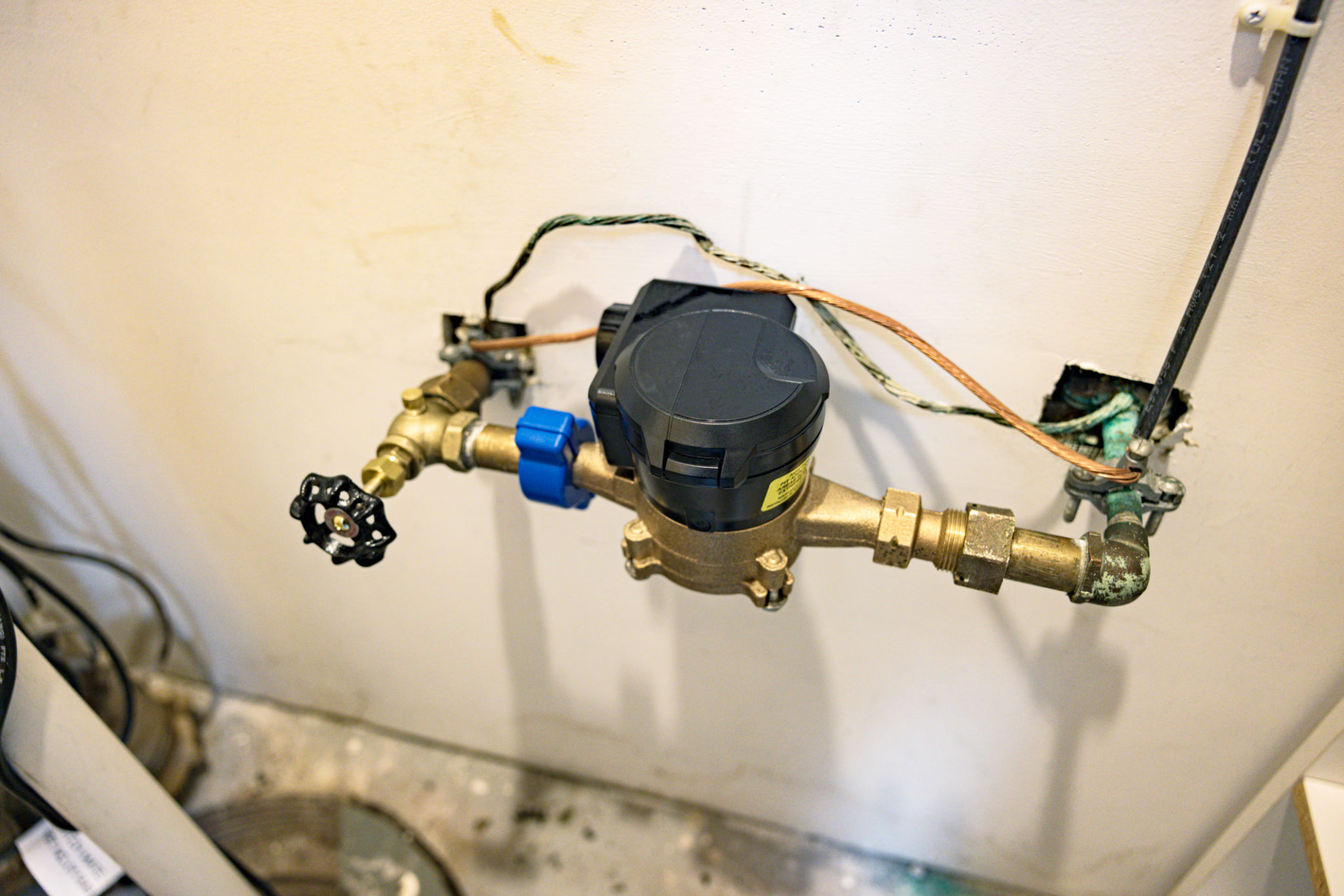Expert Insights: The Future of Water Management Technologies
Understanding the Current Landscape
Water management technologies have become increasingly vital due to mounting pressures from climate change, population growth, and industrial demands. These technologies encompass a wide range of solutions aimed at optimizing water usage, reducing waste, and ensuring sustainable management. Current systems focus on efficient distribution, waste treatment, and resource conservation, setting a foundation for future innovations.
The integration of digital tools and analytics has already begun to transform how utilities operate, offering real-time data and predictive analytics to improve efficiency. This shift marks the beginning of a more intelligent approach to water management, paving the way for more sophisticated technologies.

Emerging Technologies and Innovations
As we look to the future, several emerging technologies are set to revolutionize the water management sector. Smart water networks leverage IoT devices to monitor and manage water distribution systems with unprecedented precision. These systems can detect leaks, monitor usage patterns, and provide detailed insights into system performance.
Furthermore, advancements in membrane technology are enhancing desalination processes, making it a more viable solution for areas experiencing freshwater scarcity. These membranes are becoming more efficient and cost-effective, enabling broader application across diverse regions.

The Role of Artificial Intelligence
Artificial Intelligence (AI) is playing a critical role in advancing water management technologies. AI algorithms analyze vast amounts of data to optimize resource allocation and predict maintenance needs. By identifying potential issues before they occur, AI helps prevent costly repairs and service disruptions.
AI-powered solutions also facilitate precision agriculture by managing irrigation systems that ensure crops receive the optimal amount of water. This not only conserves water but also enhances crop yields, demonstrating the multifaceted benefits of AI integration.
Sustainable Practices and Environmental Impact
Sustainability is at the core of future water management technologies. The focus is shifting towards closed-loop systems, which aim to recycle and reuse water within industrial processes. Such systems significantly reduce water consumption and minimize environmental impact.

Moreover, innovative wastewater treatment methods are emerging that not only purify water but also recover valuable resources such as nutrients and energy. These methods contribute to a circular economy, where waste is transformed into a resource, promoting more sustainable practices.
Challenges and Opportunities
While the future of water management technologies is promising, several challenges remain. The high costs associated with implementing new technologies can be prohibitive for some regions. Additionally, regulatory hurdles and public acceptance pose significant barriers.
However, these challenges present opportunities for innovation and collaboration. Partnerships between governments, private sectors, and communities are essential for overcoming these obstacles and advancing water management solutions globally.
The Path Forward
The future of water management lies in the seamless integration of advanced technologies with sustainable practices. By embracing innovation and fostering collaboration, we can address the global challenges of water scarcity and environmental degradation.
As we continue to develop and implement these technologies, it is crucial to prioritize equitable access to resources, ensuring that all communities benefit from improved water management systems. The journey ahead is filled with potential, and with concerted efforts, we can achieve a sustainable future for water management worldwide.
